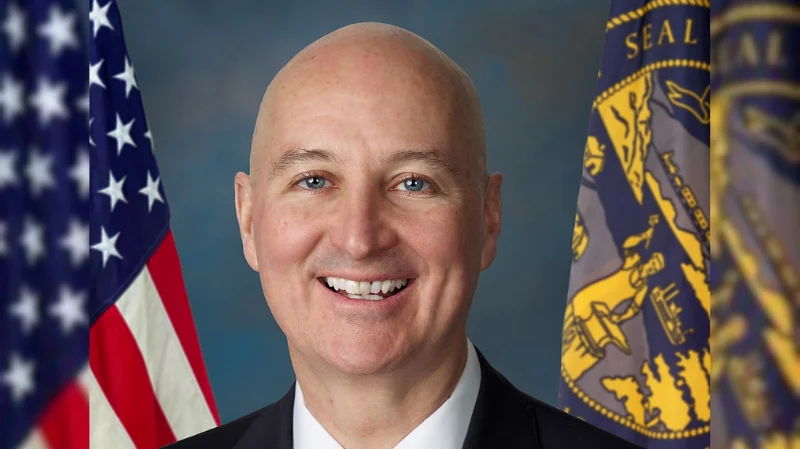Senator Pete Ricketts, US Senator for Nebraska | Sen. Pete Ricketts Official U.S. Senate headshot
Senator Pete Ricketts, US Senator for Nebraska | Sen. Pete Ricketts Official U.S. Senate headshot
U.S. Senators Pete Ricketts (R-NE) and Tina Smith (D-MN) have introduced the Rural Microentrepreneur Assistance Act, a bipartisan bill aimed at extending and enhancing the Rural Microentrepreneur Assistance Program (RMAP). The legislation seeks to provide more support for small businesses in rural areas.
“Small businesses are at the heart of rural communities across Nebraska,” said Senator Ricketts. “Our bipartisan bill gives rural innovators more tools to expand their businesses and create jobs. By expanding opportunity, we can help grow Nebraska.”
Senator Smith emphasized the need for accessible financing in rural communities. “We should be making it a priority to help entrepreneurs turn their dream projects into reality,” said Senator Smith. “Too often, folks trying to start a business in rural communities can’t access the financing they need. This bipartisan legislation would help them get their businesses off the ground with federal loans and technical assistance. I’ll keep working to get it signed into law.”
Kalee Olson, Policy Manager for the Center for Rural Affairs, commented on the importance of adapting programs like RMAP: “It’s essential that programs like RMAP evolve to serve the changing needs of rural entrepreneurs. The Center is grateful to Sens. Ricketts and Smith for introducing legislation to help rural small businesses succeed.”
The RMAP was established under the 2008 Farm Bill and is administered by the U.S. Department of Agriculture (USDA). It provides low-interest loans through microenterprise development organizations, which then offer loans to qualified microenterprises in rural areas.
Key provisions in the new bill include raising the maximum loan amount available to rural microenterprises from $50,000 to $75,000 and increasing the federal cost share from 75% up to 100%. The act also limits project loans so they cannot cover more than half of demolition, construction, or related real estate improvement costs. Additionally, it proposes extending RMAP through Fiscal Year 2030.
Companion legislation has been introduced in the House by Representatives Zach Nunn (R-IA-03) and John Mannion (D-NY-22).





 Alerts Sign-up
Alerts Sign-up